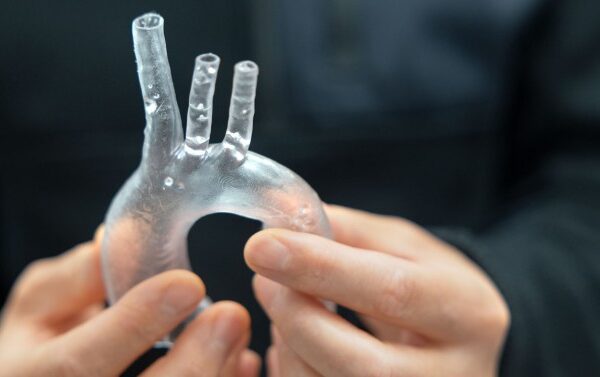This article underscores the challenges and progress in women’s representation in patent-holding, a field where they have been historically underrepresented. It particularly highlights the efforts of Cornell’s Center for Technology Licensing in enhancing women’s participation in innovation. These efforts include initiatives to increase female engagement in technology innovation and commercialization, reflecting a broader commitment to diversity and empowerment in the STEM fields.
Here’s an excerpt from the article:
Women inventors made up just 13% of US patent holders in 2019, according to an October 2022 report by the USPTO.
Yang Yang, a Ph.D. candidate at Cornell University, is one of them. She met her adviser as a student while pursuing a master’s degree in architecture. Her adviser was researching urban mobility systems, which led Yang to pursue her doctorate.
“My adviser is relatively young. I was his second Ph.D. [student],” Yang, 31, said. “At the time that I joined the lab, I was the only woman.”
There are now two women among the four doctoral candidates at Cornell’s environmental systems lab. Yang will receive new funding as part of the Ignite Fellow for New Ventures program after she graduates. She filed her first provisional patent application in 2022 as a requirement for the upcoming postdoctoral fellowship.
Central to her success is Cornell’s Center for Technology Licensing, the university’s technology-transfer office, which focuses on commercialization and partnerships geared toward helping inventors profit from their creations.
Cornell determined only 23% of its inventors who submitted invention disclosure forms between 2009 and 2017 were women, according to the university’s website.
Alice Li, executive director of the Center for Technology Licensing at Cornell, said the university launched the Women’s Innovators Initiative in 2020 to introduce women faculty, staff, and students to technology innovation and commercialization. The initiative has a mentorship program, workshops, and awards that highlight women inventors. The center is now working to expand its outreach and resources to other historically disadvantaged groups, she said
“It takes an overall village. Many people want to help but not everyone realizes exactly what the gap is and how to help,” Li said, who envisions support programs that start earlier in Ph.D. training to build foundations toward inventorship. “You want to help in a way that’s productive and inclusive and make real changes in a way that really benefits.”






